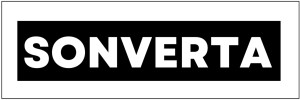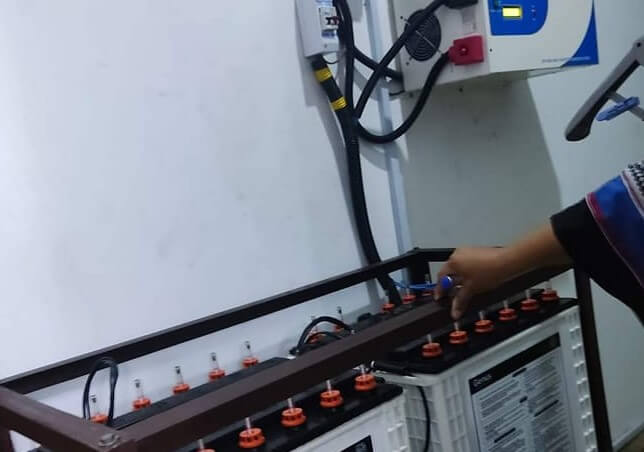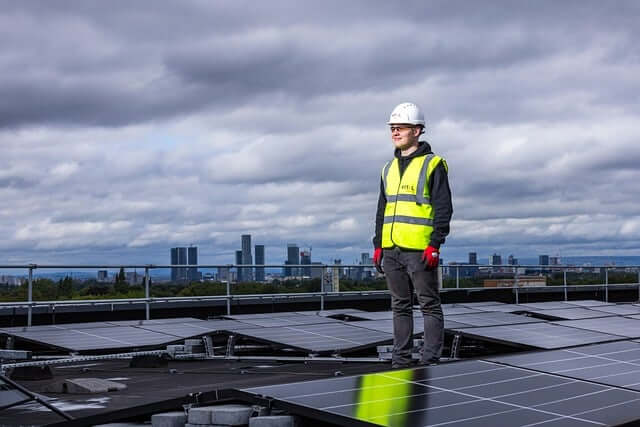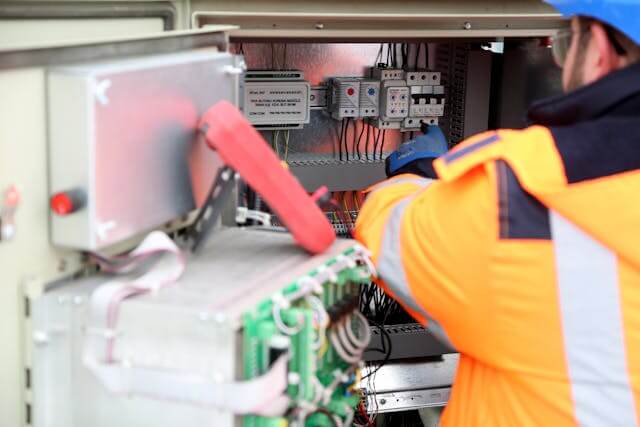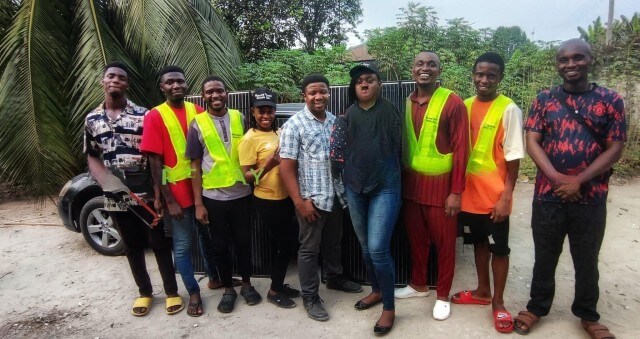Are you thinking of installing solar panels on your property and you want to know the factors to consider? Here are 5 key things you need to take into cognizance before installing solar panels.
Installing solar panels on your property can increase its value. This is because solar energy can lead to reduced electricity costs for the homeowner. As a result, the property becomes more attractive to potential buyers, if you decide to sell.
Increase in property value can also depend on other factors like the location of the property, the energy prices in the area, the state of the property, and the general demand for solar energy. Studies have shown that homes with solar panels tend to sell far more than homes without them. However, the impact on property value can vary by market and region. This is why it is advisable to consult with local real estate experts for specific insights.
Let’s get into the 5 factors you need to consider before installing a solar panel on your property.
1. Check your property
To buy a solar panel system, you need to understand how much energy is required to power your property. In essence, for all the electrical appliances in use or that may be in use soon, this information will guide you and your supplier in knowing what size – that is the dimension and wattage needed for your property.
Factors such as whether your property is owned as a private house or for commercial purposes are also important. The type of property involved can influence energy consumption due to pieces of equipment in use.
If your property has been in existence for a long while, you need to check the state of your roof. Can it hold panels for the number of years they’ll last? If not, change or repair your roof to avoid having to dismantle your panels before the end of their lifespan. The lifespan of a solar panel is between 15-25 years at peak performance.
Ensure your property is located where it will receive a good amount of sunshine since you need the sun to generate energy.
Also Read: 5 Ways to Raise Money for Your Business Office Solar Installation in Nigeria
2. Costs
According to a survey carried out by Forbes Homes, “Cost concerns were the major obstacle holding American homeowners back from going solar.”
The upfront payment for a solar panel system may be quite high. Ensure to get price quotations from different providers/suppliers. Comparing quotations will help you decide the best prices that suit your budget.
Always check customer reviews, and previous records of any company you choose to work with. This is important because they may be responsible for after maintenance of your panels.
A professional installer will be willing to guide you on what’s best for your home to maximize ROI.
Your provider may also give you financing options available to residents within your locality. This happens when your savings cannot cover the upfront cost; it could be loans, government rebates, etc.
3. Utility Connection (Grid-tied or off-grid)
A grid-tied solar system gives you the advantage of drawing electricity from the grid in times when your panel is producing little or no electricity due to the weather. This means you do not depend only on energy generated by your solar panel.
Also, the on-grid system can give you up to one hundred percent coverage for your home or office equipment. This can be achieved through net metering. When connected to the grid, excess electricity generated by your solar returns to the grid.
Net metering is when your utility company compensates you for the excess energy generated by your solar panel. They may credit your account, and you can draw electricity from the grid when you need to from the units they credit you, without racking up light bills.
if you choose to go off-grid, you will have to rely on direct sunlight or batteries. You will have to part with some good money to buy batteries that will serve this purpose. It is all up to you to decide what’s best for you.
Also Read: How to Choose a Reliable Solar Installation Company in Port-Harcourt
4. Space
If you are using your property for commercial purpose, you may need more energy to power your equipment. You will need more space to install enough panels to cover the electrical load.
Ensure your roof has enough space to carry the panels required. Alternatively, make provision for another space other than your roof if your installers agree to it. This is another reason you must choose professionals to install your solar equipment.
5. Maintenance
Do not be caught unawares. Considering maintenance is essential before installing solar panels. Solar panels need minimal maintenance compared to other energy systems.
However, it is still important they remain clean and in good condition, for optimal performance and lifespan. Regular inspections and occasional cleaning may be necessary, depending on factors like the climate and surroundings of your property.
Maintenance Tips for Your Solar Panels
- Regular Cleaning: Keep your solar panels clean by washing them with water and a mild detergent or vinegar. This helps remove dust, dirt, bird droppings, and other debris that can reduce efficiency.
- Inspect for Damage: Check the panels regularly for any signs of damage such as cracks, chips, or scratches. If you notice any damage, contact a professional for repair.
- Trim Surrounding Vegetation: Ensure trees, branches, or bushes are not shading the panels. Trim them often to prevent shading, which can reduce the amount of sunlight reaching the panels.
- Check Performance: Keep an eye on the performance of your solar panels by monitoring the energy output. Sudden drops in energy production could mean a problem that needs attention.
- Professional Inspection: Schedule periodic inspections with a professional to assess the general condition of the solar panels and identify any potential issues early on.
With these steps, your solar panels will operate at their best, and continue to generate clean energy for years to come.
Also Read: 5 Important Factors to Consider When Choosing Your Inverter Battery
Conclusion
If you have read up to this point, you have the right knowledge to get started on setting up your property to accommodate a solar energy system. By taking these important steps, you are ready to embark on a peaceful and money saving solar journey.
